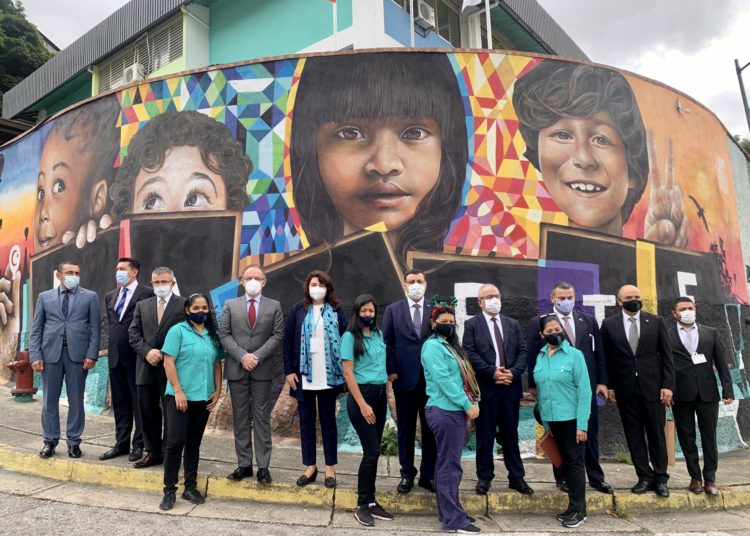Levent Kenez/Stockholm
The son of Turkey’s former prime minister, accused of establishing a new cocaine route from Venezuela to Turkey, took part in an official parliamentary delegation’s visit to a Turkish government-funded school in Venezuela to hide the real purpose of his visit, archived photos have revealed.
On Sunday new accusations made by convicted gang leader Sedat Peker, who fled Turkey and has gone viral thanks to his YouTube videos about criminal relations among Turkey’s ministers and mafia, came to the fore, claiming that Erkam Yıldırım, the son of Binali Yıldırım, Turkey’s former premier and the right hand of Turkish President Recep Tayyip Erdoğan, was involved in the drug trade.
Shocking many Turks, Peker alleged that Yıldırım, a businessman who currently runs the family’s offshore shipping operations with his brother, traveled to Venezuela to make arrangements regarding a new cocaine route from Colombia to Turkey. “He went to Venezuela in January and stayed there for four days. Then he went there again in February and stayed again for four days,” Peker said, adding that “it is easier to smuggle it from Colombia to Venezuela because the Drug Enforcement Agency [a US federal law enforcement agency tasked with combating drug trafficking and distribution] has no control there.”
A few hours following Peker’s accusations, photos taken by the Turkish Embassy and posted on Twitter that confirm Yıldırım’s presence in the Venezuelan capital of Caracas were published by the Turkish media. Posing with the official delegation, Yıldırım is seen visiting a Turkish school run by the jihadist-linked Maarif Foundation, funded by the Turkish-government. It is still unclear why Yıldırım was part of the Turkish parliamentary delegation that traveled to Venezuela on an election observation mission given the fact that he is not an MP or a government official.
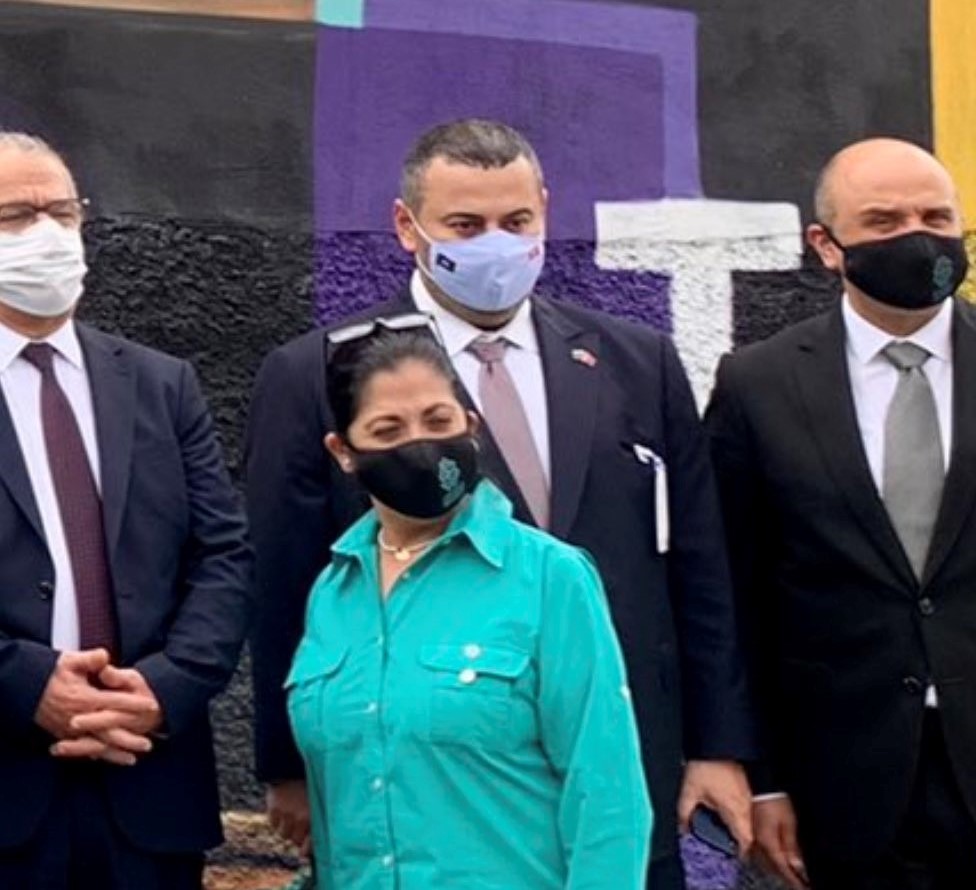
The first statement came from head of the delegation and chairman of the Turkey-Venezuela Inter-Parliamentary Friendship Group Serkan Bayram, who interestingly is also the lawyer for the Yıldırım family. Bayram said “He [Yıldırım] had several social projects. He supported the construction of a mosque honoring Palestine. That photo [which drew attention] is of the Maarif’s Foundation’s school. There was also a hospital that was facing problems due to the pandemic. We were thankful that he was a charitable businessman. We came across him there.”
As expected, former prime minister Binali Yıldırım on Sunday denied the serious allegations leveled by Peker, claiming he was lying; however, he also contradicted Bayram’s remarks. He confirmed that his son went to Venezuela, not this year but in December 2020, and brought test kits and face masks to help the country fight the coronavirus pandemic, which was not found convincing and mocked by many social media users. Statistics show that the number of weekly coronavirus cases in Venezuela on average was only 350 whereas Turkey was witnessing 10 times more at the time of the visit.
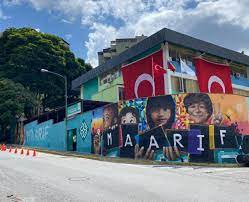
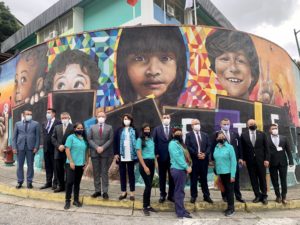
Having noticed the contradiction between statements, Binali Yıldırım today said his son went to Venezuela out of curiosity as well as to seek business opportunities. Yıldırım added that his son did not reveal his charity work to the delegates as he prefers to keep such activities private.
A further explanation seems to be in order because no information was provided about Yıldırım’s four days of activities in Venezuela apart from visiting the Turkish school and given the questions about the visit.
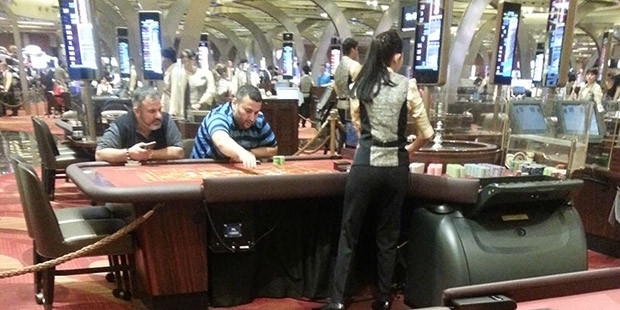
This was not the first time Erkam Yıldırım made the headlines. He was photographed at a casino in Singapore. Considering he was the son of an Islamist leader, it was such a big scandal at the time that Binali Yıldırım preferred to remain silent, accepting that it was a difficult situation to explain.
According to an investigation by the International Consortium of Investigative Journalists in 2017, also known as the Paradise Papers, Erkam Yıldırım and his brother Bülent Yıldırım were the sole shareholders of several companies registered in Malta, the Netherlands and the Netherlands Antilles with more suspected in the Marshall Islands and Panama, revealing that the family possessed shipping and related assets of well over 100 million euros. Binali Yıldırım confirmed the documents, saying nothing illegal took place and that his sons have no immunity from investigation. However, a motion filed by opposition parties to investigate the claims in the Panama Papers was rejected in parliament by the vote of the ruling Justice and Development Party (AKP).
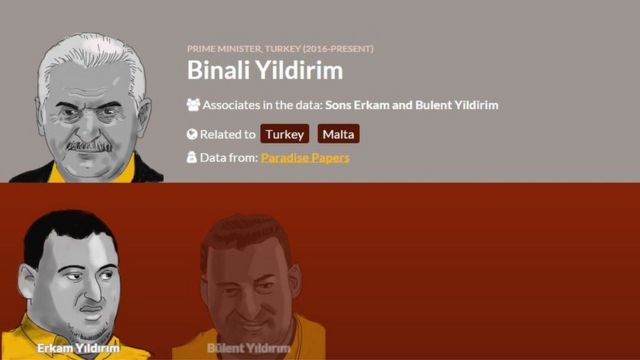
Ironically, the school that Erkam Yıldırım posed in front of was one of two schools that were seized by the Turkish government thanks to close relations between two authoritarian leaders, Turkish President Erdoğan and Venezuelan President Nicolás Maduro. Established by the Gülen movement, a vocal critic of Erdoğan, they were among the best performing in the country and were handed over by Maduro to the Turkish state-backed Maarif Foundation in 2018, making Venezuela the only country in South America that allowed Maarif to take over schools that belonged to the Gülen movement . Political observers say the two corrupt leaders have much in common, making it easy to act as allies.
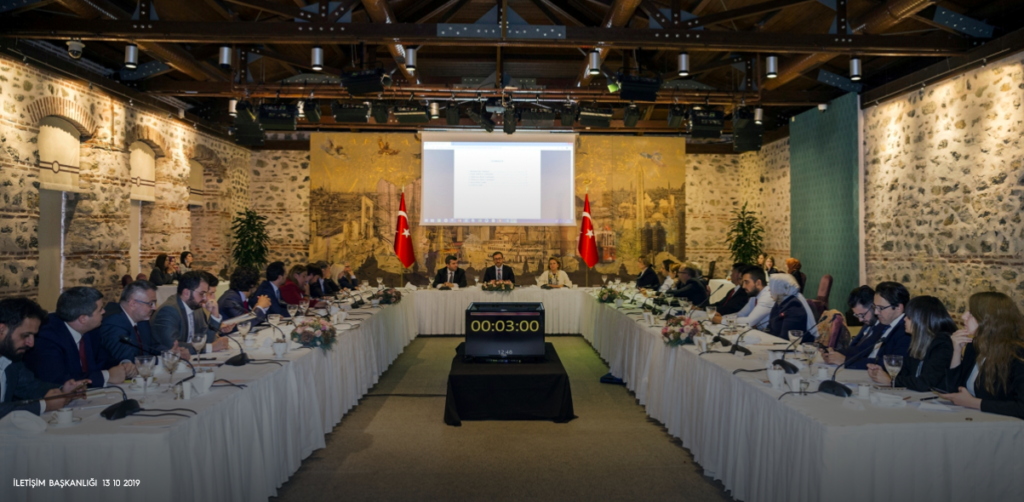
The Maarif Foundation, which is also called the long arm of the the autocratic regime of President Erdoğan, positioned itself to raise a new generation of political Islamists not only in Europe where a large number of Turkish and Muslims live, but also in countries where its educational operations are allowed. According to official Maarif documents obtained by Nordic Monitor, the foundation runs 291 schools in 34 countries and is active in 55 countries worldwide with more schools planned to be launched. It employs 3,218 teachers, 206 of whom are Turkish nationals. The number of students enrolled in Maarif-run schools is listed as 28,703.
Lastly, the Turkish media reported that the Venezuelan National Guard discovered cocaine hidden in more than 100 blocks of cheese. According to a trade deal in August, Venezuela was to start exporting cheese to Turkey free of duty. Ignored at the time of the deal, people are now asking if the cheese imports are part of a drug trafficking scheme.

